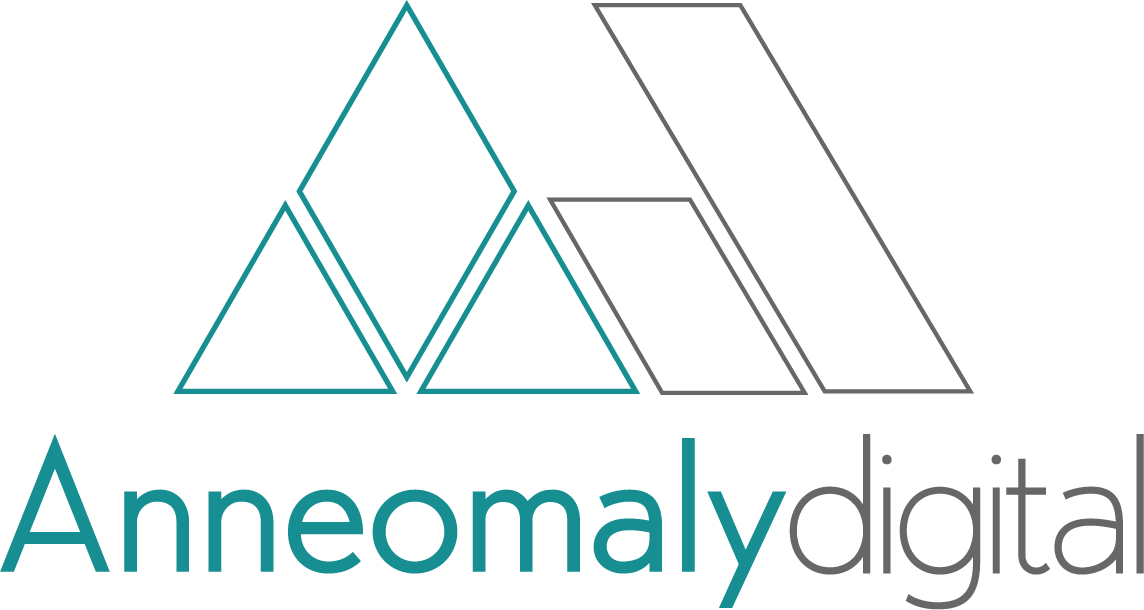30 Years Later, the 7 Habits for Highly Effective People are Still Relevant
Believe it or not, Stephen R. Covey’s book The 7 Habits of Highly Effective People has a 30th anniversary edition! This book, although 30-years-old still has sage advice (could be why there is a 30th edition). It’s a good idea to look at those 7 habits on a regular basis and evaluate which one’s you are a master of and which one’s have yet to become habits. Here are the first three habits and ways you can use them to propel you forward.
Responsibility and Action
Covey describes taking personal responsibility as the first habit one has to acquire in order to be highly effective. This means that we have to acknowledge our role in why we aren’t where we want to be or why we aren’t as effective as we could be. Placing blame on others is detrimental to our forward progress. Instead, Covey writes that we have to see ourselves as we truly are-see our strengths and our weaknesses. Then we have to take a proactive approach towards remedying things that are causing us to be less effective.
Here are a few proactive choices you can add to your routine to make yourself more effective:
Do hard tasks first
Understand your weaknesses and find resources for turning them into strengths
Repeatedly do a task until you are proficient
Prioritize what you need to accomplish and work your way down
Make your workspace neat and orderly every day before you go home so you are ready to tackle tomorrow
See the finish line at the beginning
Secondly, Covey recommends that you determine your end game in order to determine your steps for getting there. There are so many things out of our control, so if we can see what the end result is, we can determine what steps need to be taken to get to the finish line. Once we know the steps, we are much more likely to go the distance. Recognizing that there are things we can’t control, we also have to understand what we are willing and not willing to do in the name of accomplishing that goal, e.g. sacrifice time with your family, or putting aside your values and beliefs to get ahead. Here are some suggestions for helping you get to the finish line.
Set goals and determine how you will know if you met them (being successful is too vague, you have to define what success will look like
Schedule time to evaluate and assess how you are progressing towards your goals and what you need to do differently
Determine what bad habits you have that hinder your progress towards your goals and how you can eliminate those habits
Just Say No
Recognizing what you want to accomplish and saying no to things that stand in the way can sometimes be difficult especially if you are an overachiever and empathetic. Your colleague wants you to speak at a fundraiser, another wants you to volunteer for a committee. Of course, as a doer, you want to say, “Yes.” The key is to balance the yes’s with some no’s so that you aren’t always putting other people’s goals and projects first. Of course, you should help out, but just don’t burn the candle on both ends. Sacrifice at times is good, martyrdom is not!
Ask yourself:
Does this ____ help me achieve my goals?
Will this ____ bring me deep satisfaction even though it takes time away from my goals?
Is this ____ contributing greatly to my community?
Will doing ____ greatly improve a relationship that is very important to me?
Am I the right person for this ____?
Being effective encompasses a lot of things and can even be quite ambiguous at times. So determine what definition you want to use to determine your effectiveness, and then use it as a gauge to evaluate your habits and your progress towards your goals. Next week we will discuss the other 4 habits. In the meantime, if you want to brush up a little more on the wisdom imparted by Stephen Covey check out the 30th edition; go here and get your edition.
